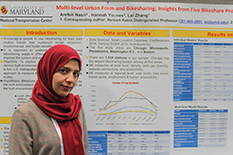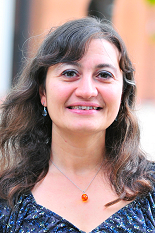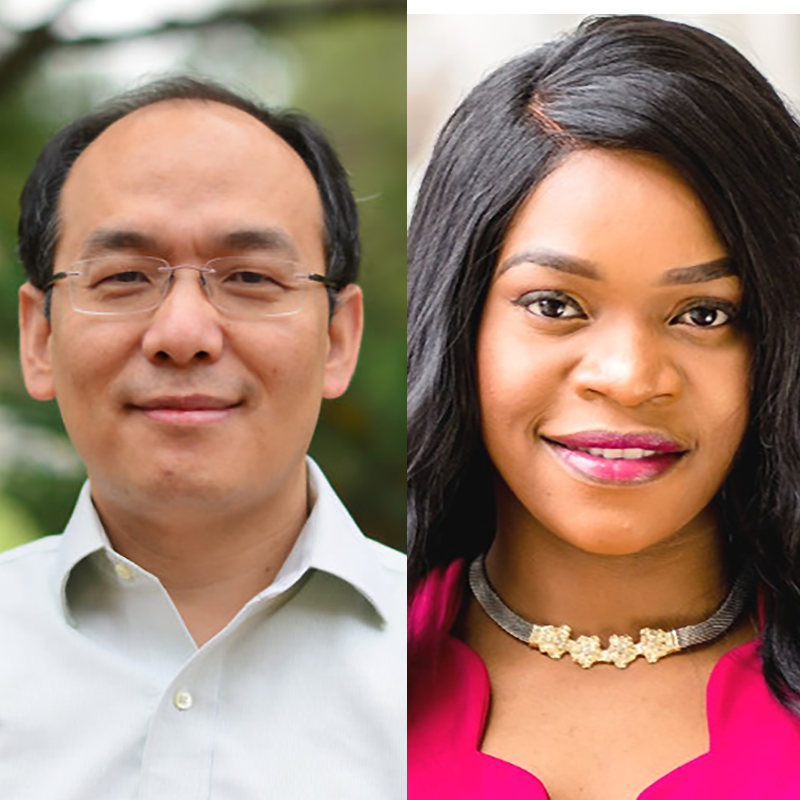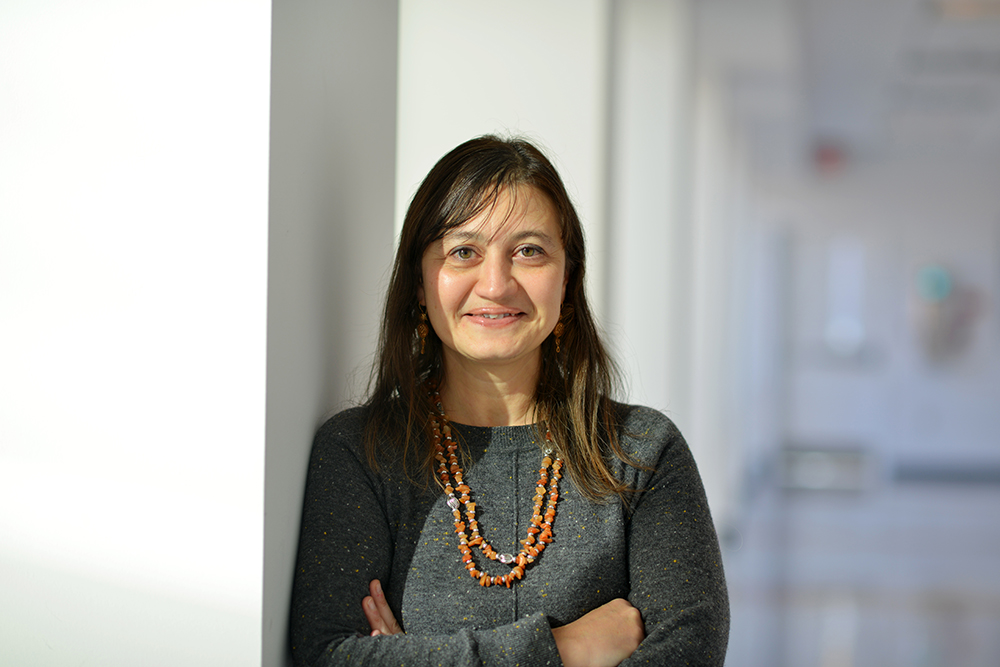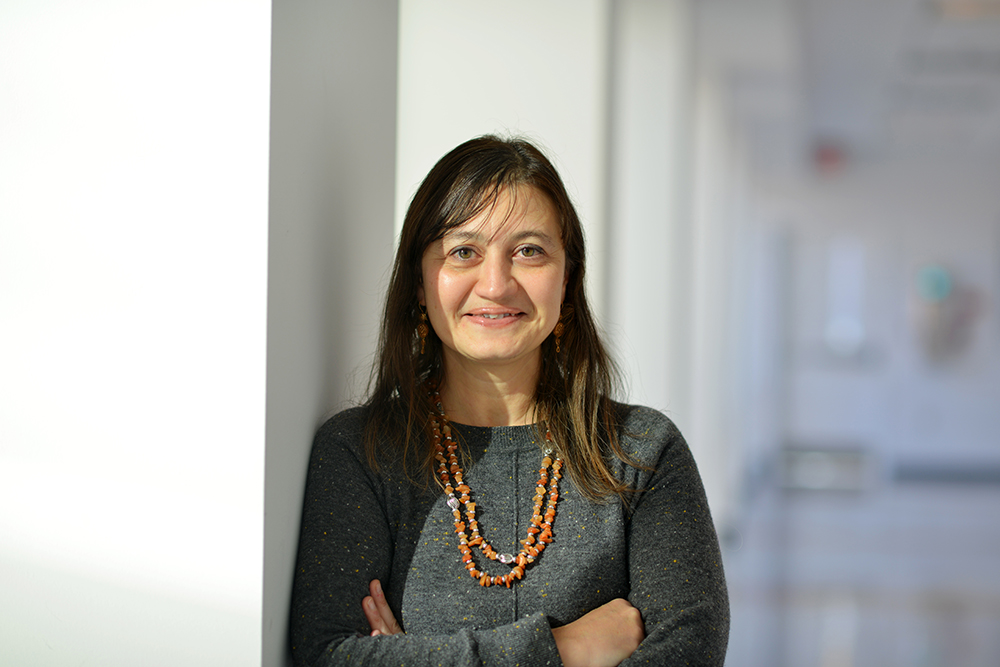News Story
NTC@Maryland Hosts Distinguished Lecture on Smart Mobility from DOE's Reuben Sarker
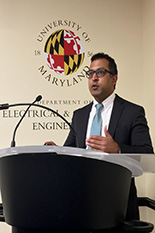
Reuben Sarkar, deputy assistant secretary for transportation at the U.S. Department of Energy (DOE), spoke to University of Maryland researchers and students in Fall 2016 about a new inter-agency effort to accelerate research, development, demonstration and deployment of innovative transportation systems.
Launched in April 2016, the Systems and Modeling for Accelerated Research in Transportation Mobility Initiative (SMART-Mobility) promises significant new funding on research into five key pillars of smart mobility systems: connected and automated vehicles, mobility decision science, urban science, vehicles and infrastructure, and multi-modalism. The initiative is funded by U.S. DOE in collaboration with the United States Department of Transportation.
Sarkar’s talk underscored the importance of research that takes a system-level view of transportation over focusing on individual vehicles or modes of travel. He encouraged scientists to examine multi-modal travel, connectivity and automation, urban science, mobility decision science and integrated vehicle-fueling infrastructure systems, fields that DOE hopes will lead to the discovery of untapped planning and operations efficiencies.
“Smart mobility and information technologies are creating new opportunities to better understand and leverage the interactions between travelers, vehicles and the built environment and to reduce energy use and emissions. The U.S. DOE SMART-Mobility Initiative recognizes and harnesses these megatrends by elevating DOE’s traditional transportation energy focus beyond the vehicle component technology level to transportation/mobility-as-a-system analysis,” said Herbert Rabin Distinguished Professor and Director of UMD’s National Transportation Center Dr. Lei Zhang. “As an international leader in transportation data, data analytics and integrated traveler and traffic systems modeling and simulation, UMD is uniquely positioned to be a strong contributor to the exciting U.S. DOE SMART-Mobility Initiative”.
The lecture came roughly a month before Sarkar, Zhang and other transportation leaders travelled to Oak Ridge, Tennessee for the 2016 SMART Mobility Modeling and Simulation Tools workshop, where Zhang and fellow UMD research scientist Dr. Chenfeng Xiong were invited to present their work to integrate decision science and behavioral economics into transportation modeling and simulation tools in a plenary session.
Published December 22, 2016
